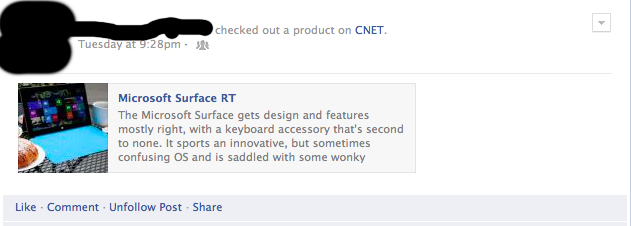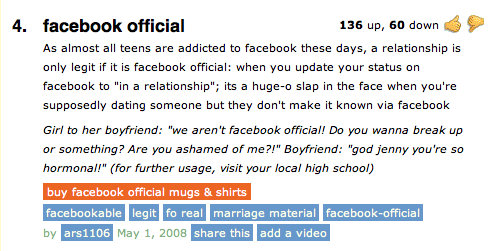In the ancient days of middle school, Facebook was budding as a social network open to all users. At this time, wall posts and messages reigned supreme as ways of communicating – but this wasn’t good enough.
At the time, Instant Messaging (IMing) was hugely popular for kids our age, and not far behind in growing popularity was the Video Chat. At this time, social networks were distinctly different from IMing and video chatting services. This service often came from third party software that needed to be separately installed on one’s computer. An added inconvenience was when your different social circles used different IMing services. I remember having multiple windows up for AIM and some up for MSN Messenger, and there was no easy way to scroll through them. Also, different services had different features; for example, some were purely for IMing while others included video chatting, while others had superior emoticons, and still others had drawing functions.
These third party IMing services seemed to be in constant competition with each other. The first player to really rock the boat was Meebo, a site accessible from any computer regardless of whether the software was installed, which allowed access to multiple IMing services on the same screen from the same login page. This was a huge step toward a convenient messaging experience, but it was still in a separate window from your social networking site.
Myspace was the first online networking giant to introduce IMing, but if memory serves it was “glitchy” at best. Myspace messaging would crash and delay often, and there were no privacy settings to limit who could see when you were online or not. One concession I’ll make for Myspace IMing was that one could choose an “emotion” to correlate to their online avatar; this simple addition deterred and encouraged many a conversation – at least for me.
Finally, in 2008, Facebook introduced their own IMing service to connect users who were already “friends.” Today, the IMs are rarely glitchy. Facebook has partnered with video chatting giant Skype to provide face-to-face instant communication, but Facebook’s version is substandard and blurry compared to the typical Skype experience. Have the third party IMing and video chatting services been eradicated? Well…yes and no, depending on the user.
The simple IMer should have no problems using Facebook’s service, but for anything extra it’s still necessary to use a third party. Skype, Oovoo, Google, and TinyChat provide more reliable and clear video chatting, with the option of having more than two people present in the conversation. Also, for those interested in complex emoticons, drawing capabilities, and screen sharing, third parties are necessary. At the same time, the convenience of having all of your Facebook friends already in your IMing friends list is hard to compete with, and I doubt that any other third party service could compete with the simple IMing function on Facebook. Also, the people interested in IMing probably already spend time on Facebook and can avoid the added trouble of multiple windows or tabs.
P.S. Here’s an interesting article relating last week’s discussion about Mark Zuckerberg to our first week’s discussion about internet privacy.
P.P.S. I apologize for this late post! I mistakenly hit “Preview” rather than “Publish” last Wednesday, and so this post was only saved as a draft instead of a blog post.



 Google
Google Microsoft
Microsoft Amazon
Amazon